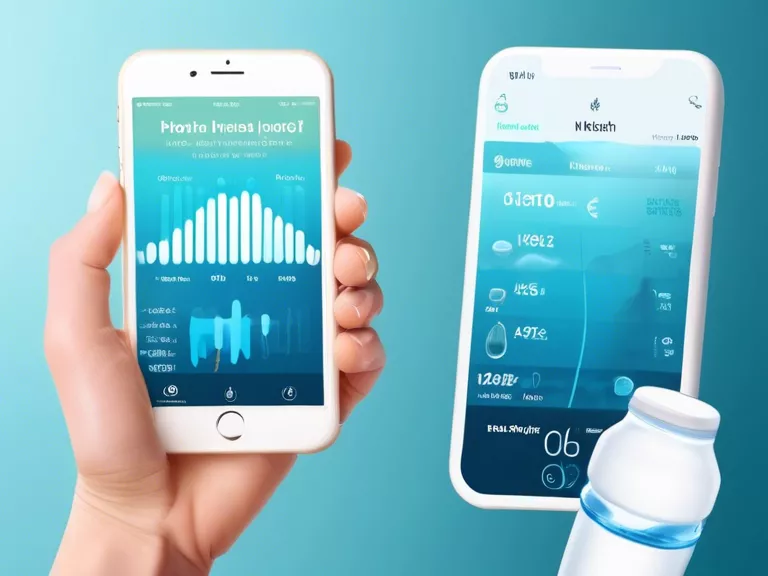
Artificial Intelligence (AI) has been revolutionizing various industries, and healthcare is no exception. One area where AI is making a significant impact is in prenatal care and pregnancy tracking. With advanced algorithms and machine learning capabilities, AI is transforming the way healthcare providers monitor and care for pregnant women, ultimately leading to improved outcomes for both mothers and babies.
One of the key ways in which AI is revolutionizing prenatal care is through personalized risk assessment. Traditional risk assessments in pregnancy rely on a one-size-fits-all approach, which may not accurately capture the individualized risks a pregnant woman may face. AI, on the other hand, can analyze a wide array of data points – including maternal health history, lifestyle factors, genetic predispositions, and more – to provide a more nuanced and accurate risk assessment for each pregnant woman. This allows healthcare providers to tailor their care plans to each patient's specific needs, leading to better outcomes for both mother and baby.
Additionally, AI is helping healthcare providers track the progress of pregnancies more effectively. Through the use of AI-powered tools and apps, pregnant women can easily monitor important metrics such as fetal movement, heart rate, and growth patterns. This real-time data allows healthcare providers to detect potential issues earlier and intervene proactively, reducing the risk of complications during pregnancy and childbirth.
Furthermore, AI is transforming the way prenatal diagnostics are conducted. AI algorithms can analyze ultrasound images and other diagnostic tests to detect anomalies and abnormalities that may be missed by the human eye. This early detection can lead to timely interventions and treatments, improving the chances of a successful outcome for both mother and baby.
In conclusion, AI is revolutionizing prenatal care and pregnancy tracking by enabling personalized risk assessment, real-time monitoring, and early diagnostics. As AI technology continues to advance, we can expect further improvements in prenatal care that will ultimately benefit the health and well-being of pregnant women and their babies.



